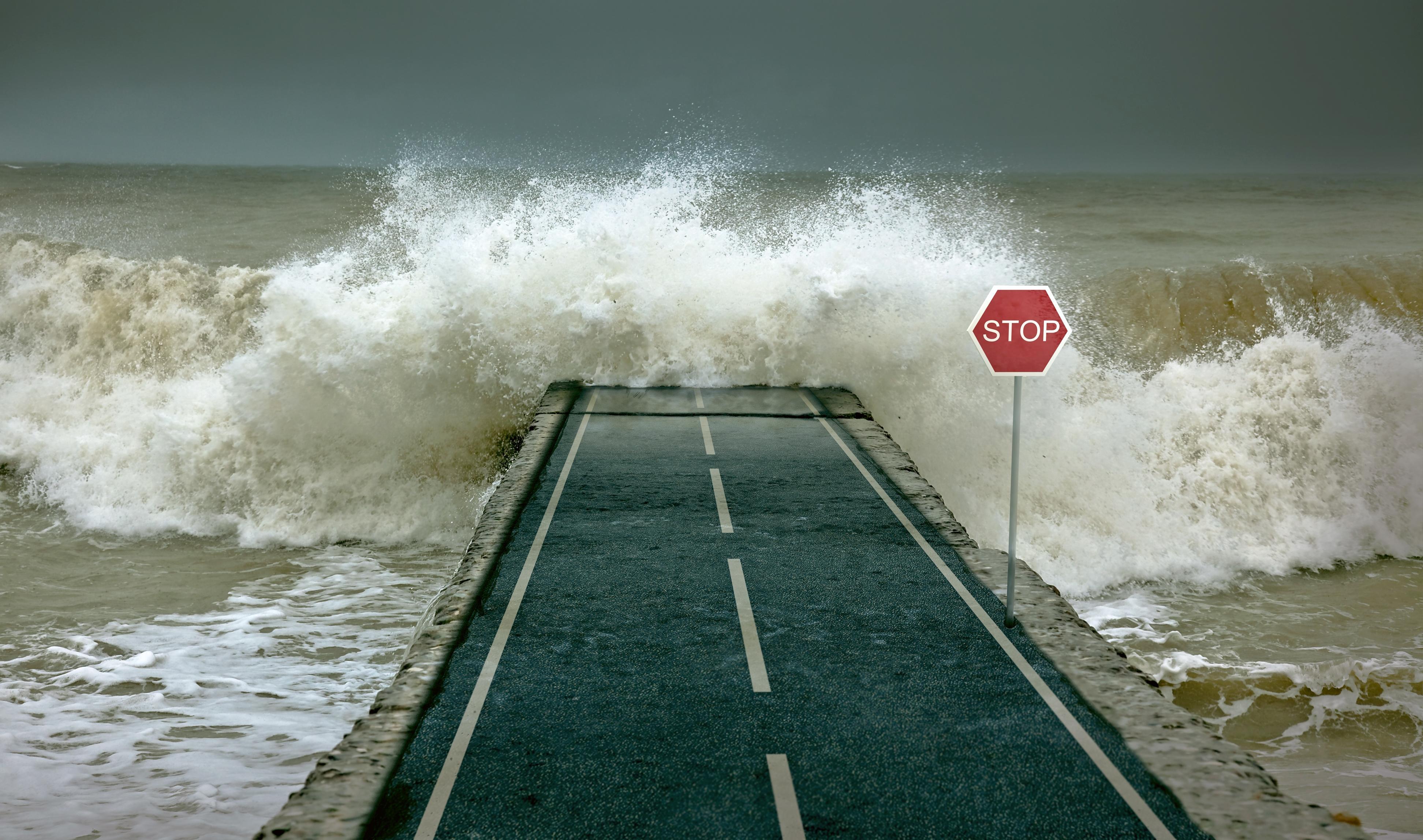Because natural disasters increase, organizations are looking for engineers working in this field. To train them, IMT Mines d'Alès, in partnership with Nîmes University will launch a Master of Science "Disaster Management and Environmental Impact" on October 8, 2018. Gilles DUSSERRE, head of the MSc, presents the program. It was developed with Isabelle MAURIN, the pedagogical assistant.
Mastersbooking: What are this new program's goals?
Gilles DUSSERRE: Students will acquire knowledge and skills for disaster response in Europe and around the world with a multidisciplinary approach in emergency engineering, humanitarian issues, risk analysis and emergency medicine.
Mastersbooking: How this master will be organised?
G.D.: The 2-year training, taught in English, consists of two parts followed by an internship. The first is devoted to engineering sciences and emergency medicine. The second part is focused on the social sciences (psychology, sociology, anthropology, economics, geography). This multidisciplinary approach will enable students to deepen their body of knowledge by integrating an international dimension into large-scale crises (pandemic, natural disasters, etc.). The professors come from several universities in the world (Geneva, Kandpur, Delft, ...).
The internship, lasting from 4 to 6 months, will take place mainly abroad, from February-March of the second year. We rely on partners like Total, some NGOs and international institutions.
Mastersbooking: What are the professional needs in these organizations?
G.D.: They are mainly looking for engineering specialists for risk assessment, telecommunications and water treatment, which are part of our "Engineering Sciences" program. For example: on the Indeed search engine, more than 9,000 Disaster Managers are currently being searched in the United States, 340 in India and 33 in France (by NGOs such as Handicap International and Action Against Hunger).
Mastersbooking: What are the expected profiles?
G. D.: We are waiting for a dozen of candidates, graduated with a Bac+3/4 diploma, French or foreign, with a scientific or humanitarian specialty. For foreign students, we will provide them some French training.

